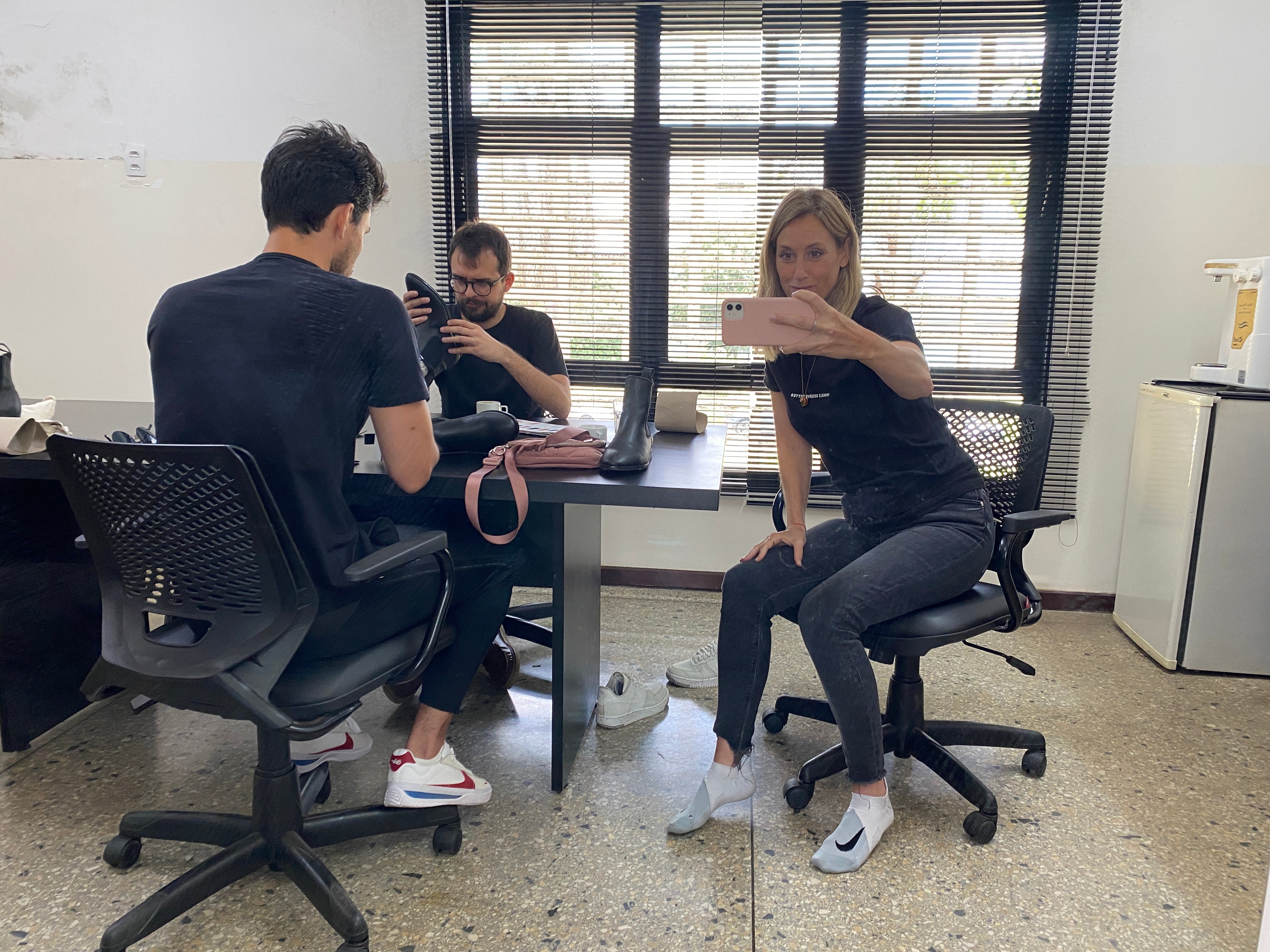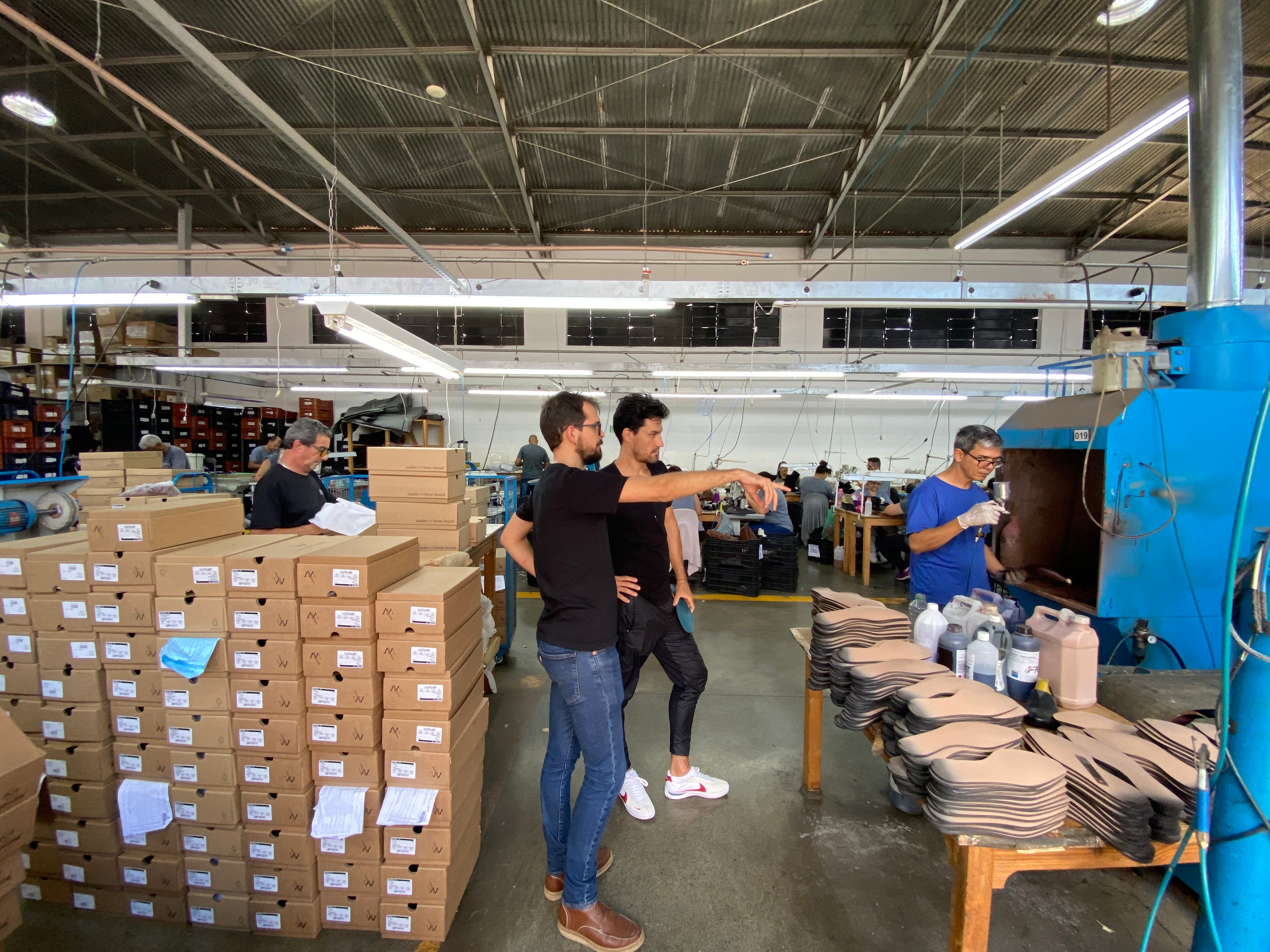What a delight to be featured in FORBES!
Looking forward to inspiring a kinder and more sustainable fashion industry, Dupuis and Voes & Co are finding that adeptness through their vegan exploration. Dupuis says, "I believe vegan fashion is important because what we wear is the second largest part of our lives next to what we eat, and the fashion industry is the third largest contributor producing up to 10% of global greenhouse gas emissions. Not to mention the land use, water use, and toxic chemicals required to produce traditional leather. We are in a climate emergency - our planet needs us now more than ever before and we have to innovate and develop more natural materials that do not strip the earth of its resources.

Cactus leather is significant for several reasons including its efficient carbon sinks that absorb carbon dioxide from the atmosphere. A study from a leading cactus leather producer Desserto has examined that a 14-acre cactus plantation has the ability to absorb approximately 8100 tons of carbon dioxide. Cacti also require minimal water, making them an environmentally friendly ally. Growing one kilogram of cactus mass only requires around 200 liters of water, with no need for irrigation to thrive.
Cactus leather, utilized by companies like Voes & Co, offers a cruelty-free and sustainable alternative to traditional leather that conserves water, requiring significantly less amount compared to traditional leather. Voes & Co aim to raise awareness about these benefits and inspire people to choose more sustainable footwear options like cactus leather.


Voes & Co looks to create plans for protecting animals and the environment beyond making quality boots. The founder, Desirèe Dupuis, is an environmentalist and is involved in other initiatives, such as Kove Ocean Foods, a sustainable food company utilizing seaweed, and Ruben's Shoes Society, which provide education to underprivileged children.
With brands like Voes & Co proving that plant-powered alternatives to traditional leather can be stylish, and the consumer demand to back it up, a more compassionate and sustainable fashion industry looks promising.
Here's the link to the full article:


